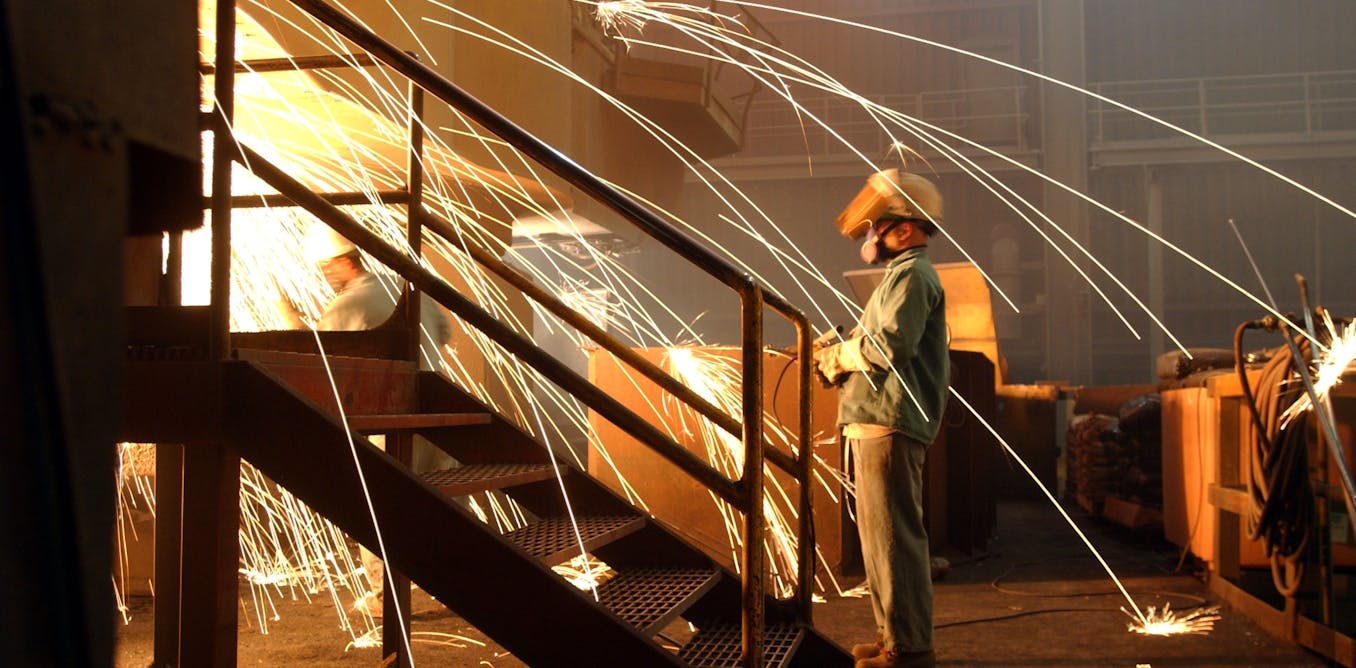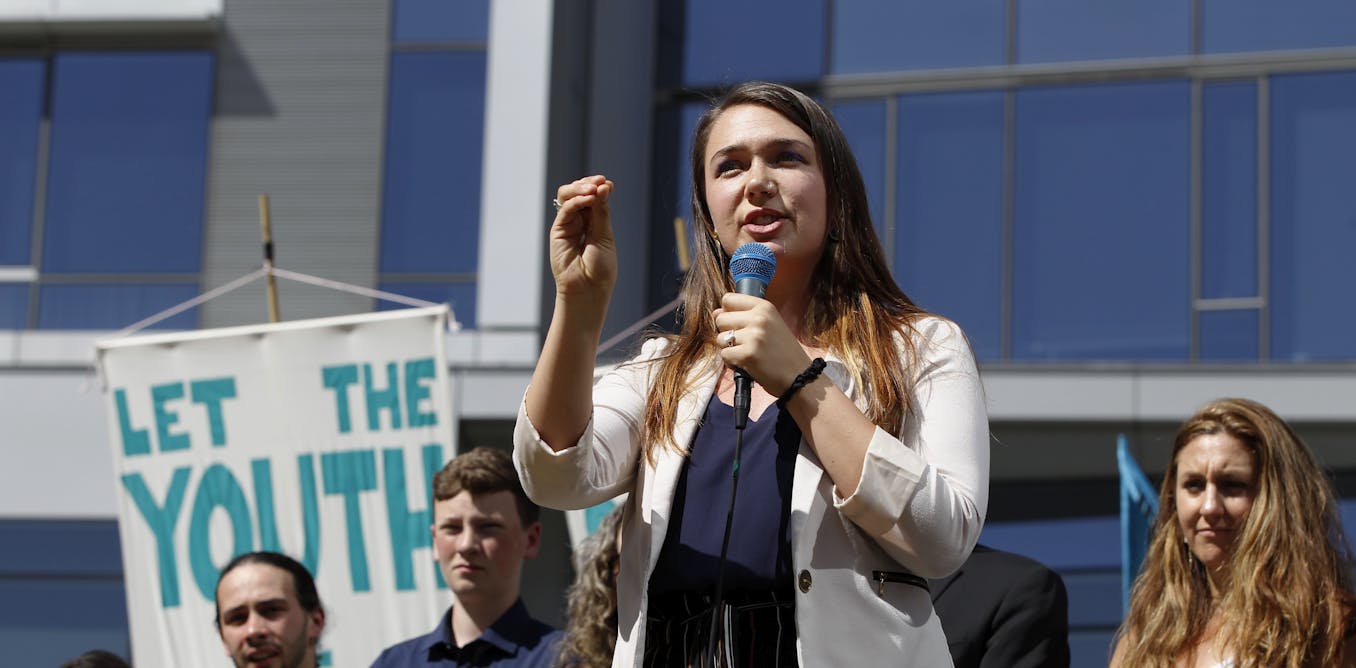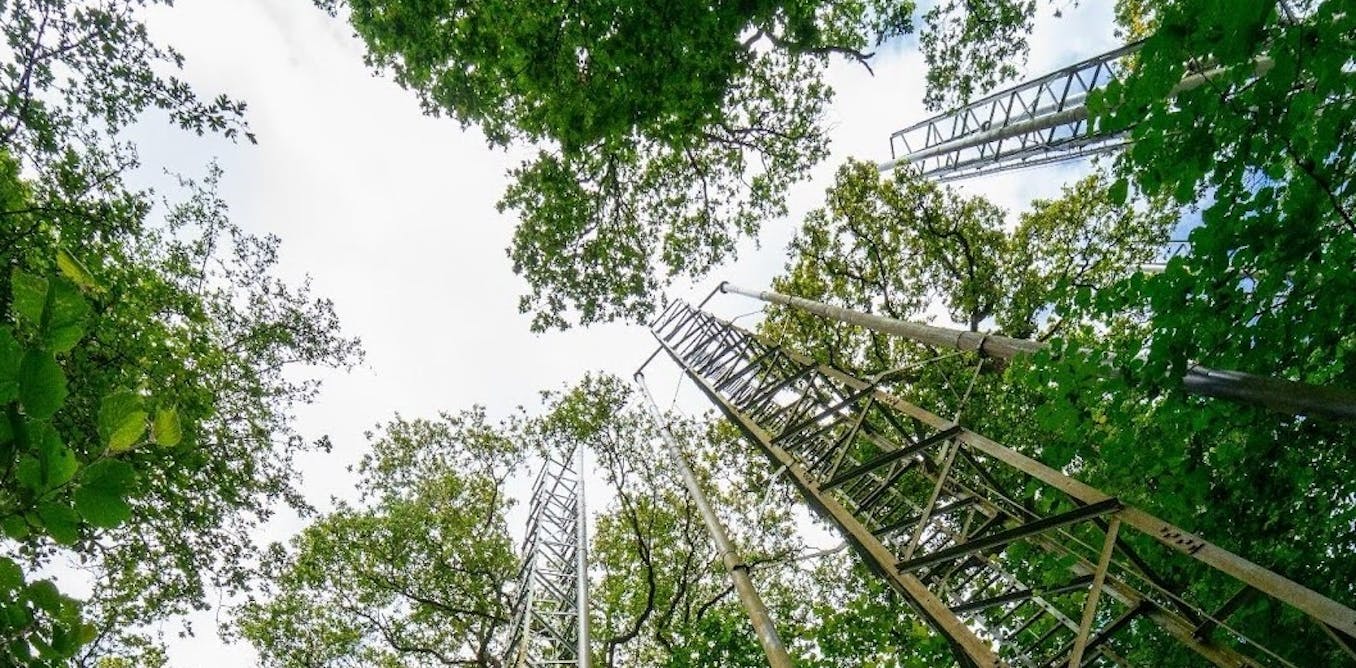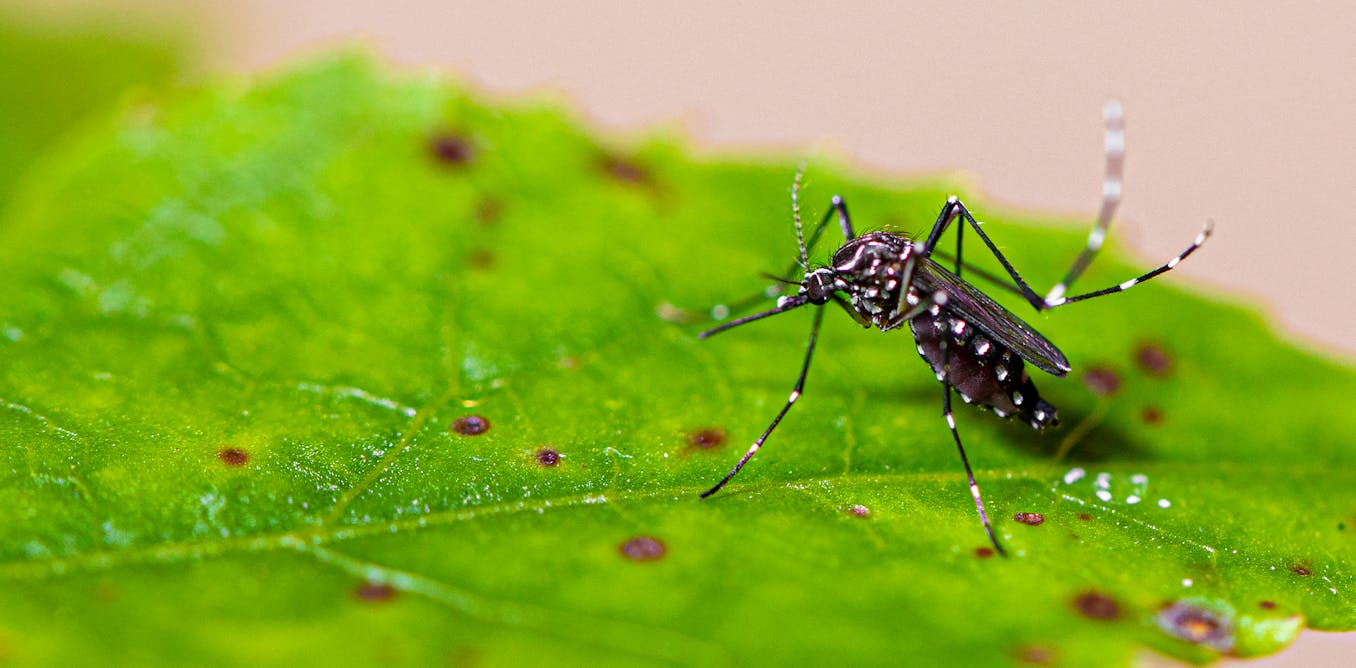How the end of carbon capture could spark a new industrial revolution
The Trump administration is pulling back billions of dollars in industrial development money for carbon capture and storage projects. That may force industries to actually cut emissions instead.
June 23, 2025 • ~10 min










